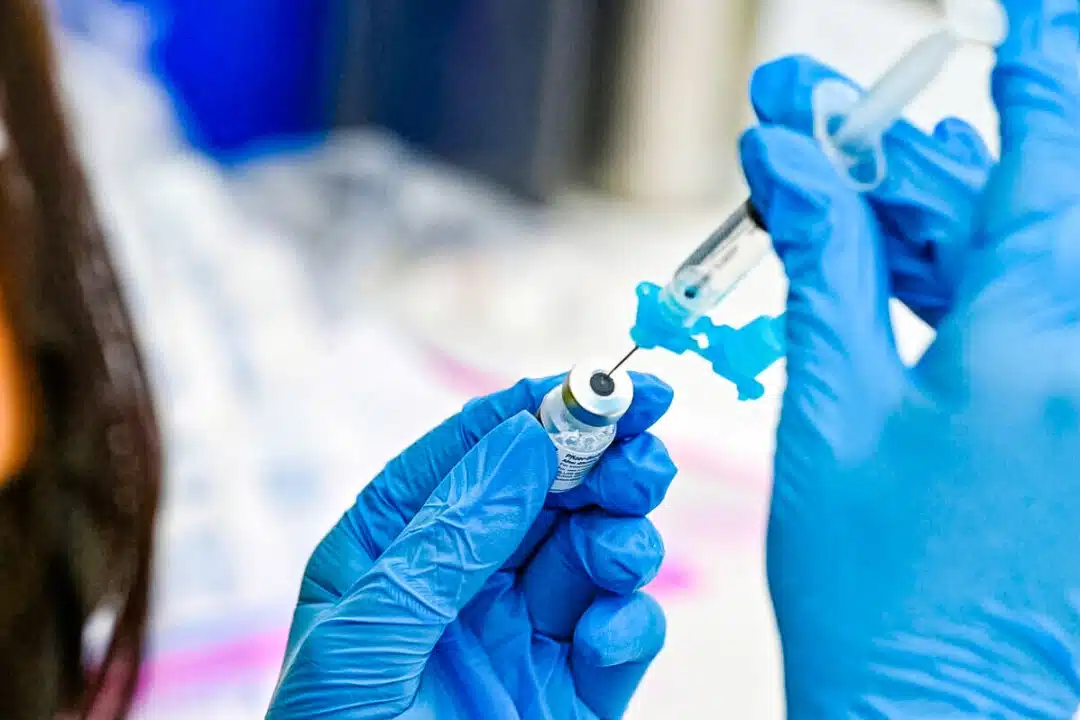
Recent findings from a study conducted by Dr. Nabin Shrestha and his team at the Cleveland Clinic have sparked discussions regarding the effectiveness of COVID-19 vaccines and their potential impact on infection rates. The study, which analyzed data from Cleveland Clinic employees, suggests that individuals who have received multiple doses of a COVID-19 vaccine may face a higher risk of contracting the virus.
According to the analysis, individuals who received two or more doses of a COVID-19 vaccine were found to be at a higher risk of COVID-19 infection compared to those who received fewer doses or none at all. Specifically, the researchers found that the risk of contracting COVID-19 was 1.5 times higher for those who received two doses, 1.95 times higher for those who received three doses, and 2.5 times higher for those who received more than three doses, when compared to individuals who received zero or one dose of the vaccine.
Even after adjusting for various factors, including age, the elevated risk of COVID-19 infection among individuals with multiple vaccine doses remained significant. The researchers hypothesized that the weaker and less durable immunity induced by vaccination compared to natural immunity could contribute to this increased risk of infection.
Dr. Robert Malone, a vaccine researcher not involved in the study, expressed concerns regarding the effectiveness of COVID-19 vaccines, noting that the study’s findings reflect a growing acknowledgment of the limitations of these products. While the study did not directly assess vaccine safety, concerns have been raised about potential side effects associated with COVID-19 vaccines, including fatal heart inflammation.
The study’s findings align with earlier research suggesting a potential link between multiple vaccine doses and increased susceptibility to COVID-19 infection. The U.S. Centers for Disease Control and Prevention (CDC) recommends COVID-19 vaccination for all eligible individuals, regardless of the number of doses received. However, ongoing research is needed to better understand the long-term effectiveness and safety of COVID-19 vaccines.
Several theories have been proposed to explain the increased risk of infection associated with multiple vaccine doses, including antibody-dependent enhancement and original antigenic sin, which may compromise the immune response and render vaccinated individuals more prone to infection with newer virus variants.
The study underscores the need for continued monitoring of COVID-19 vaccine effectiveness and safety, particularly as new variants emerge and vaccination strategies evolve. As researchers and public health officials strive to mitigate the spread of COVID-19, ongoing research efforts will be crucial in informing vaccination policies and strategies moving forward.


